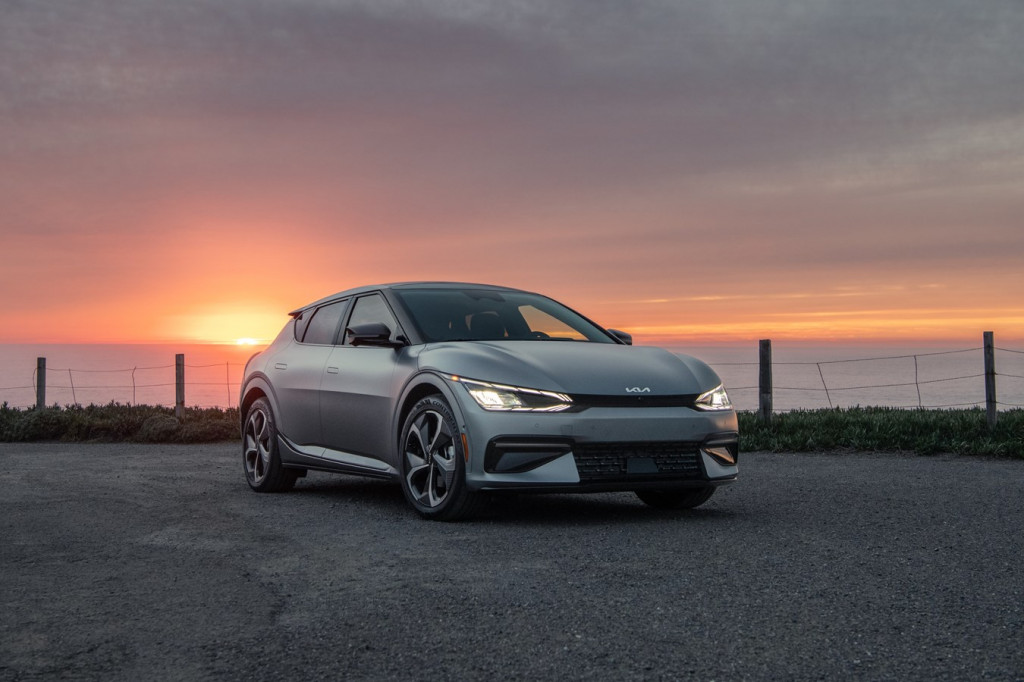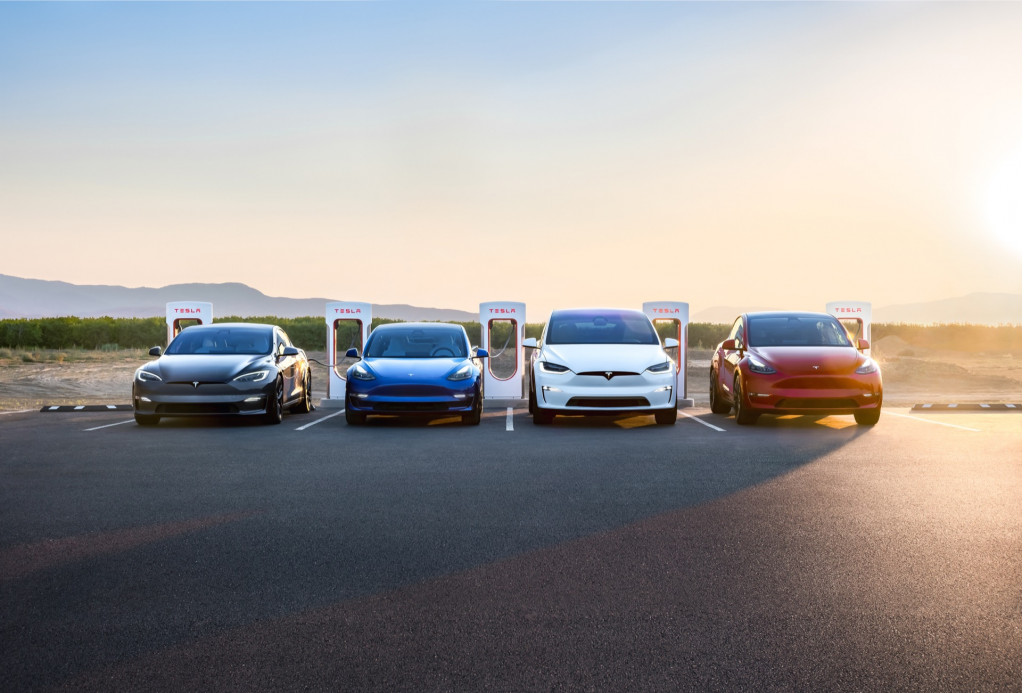EV shoppers are more likely to trust established automakers over Tesla and newer EV startups like Rivian, but the current crop of products is falling short of expectations, according to a new Escalent survey.
More than one third of survey respondents (35%) favored buying an EV from an established automaker, while just 24% indicated they'd look to one of the newer specialist EV firms to purchase their first electric car. A further 41% of respondents were undecided.
The top five attributes consumers want in an EV, according to the survey, are: dependability, good value for money, the latest safety technologies, inexpensive maintenance, and innovative features and technologies.

2022 Kia EV6
However, just 5% to 31% of respondents felt any automaker was delivering on any of those five attributes. Respondents were also more aware of specific EV models from the specialist brands than established automakers.
We should note that this data is from a national sample of "mainstream vehicle owners" and "luxury vehicle owners," not necessarily weighted to reflect the actual demographics of typical EV buyers.
One major difference between these responses and those of past surveys is the absence of range from the top-five attributes consumers value most. Range was named a top priority in most past surveys.

2022 Tesla lineup (Courtesy of Tesla, Inc.)
Tesla buyers also have a well known reputation for brand loyalty, although one previous survey found that even they cross-shop. That said, Tesla sold 78% of the battery electric vehicles bought in California in the first quarter of 2022, so whatever positive feelings consumers have about other automakers hasn't translated into increased sales yet.
Rolling out EVs is about more than just the vehicles themselves. Part of the issue may also be charging, or charging education. Tesla's mature network of public charging stations remains a major advantage for the company.
All automakers must also address the large number of consumers who have never experienced an electric car. A 2020 survey found that 70% of Americans had never been in an EV, and that many of the same barriers from the 1990s launch of the General Motors EV1 persisted nearly 25 years later.












